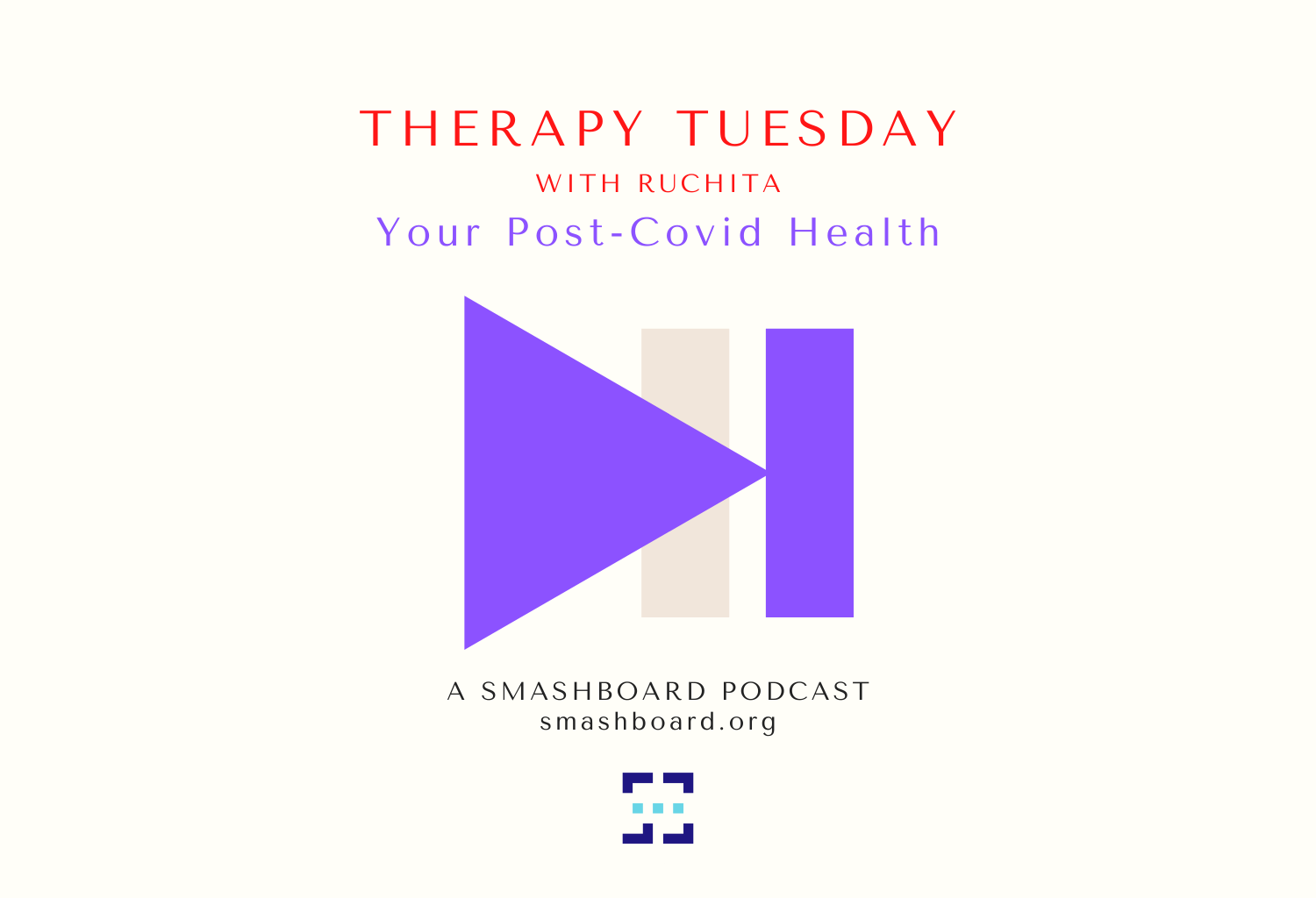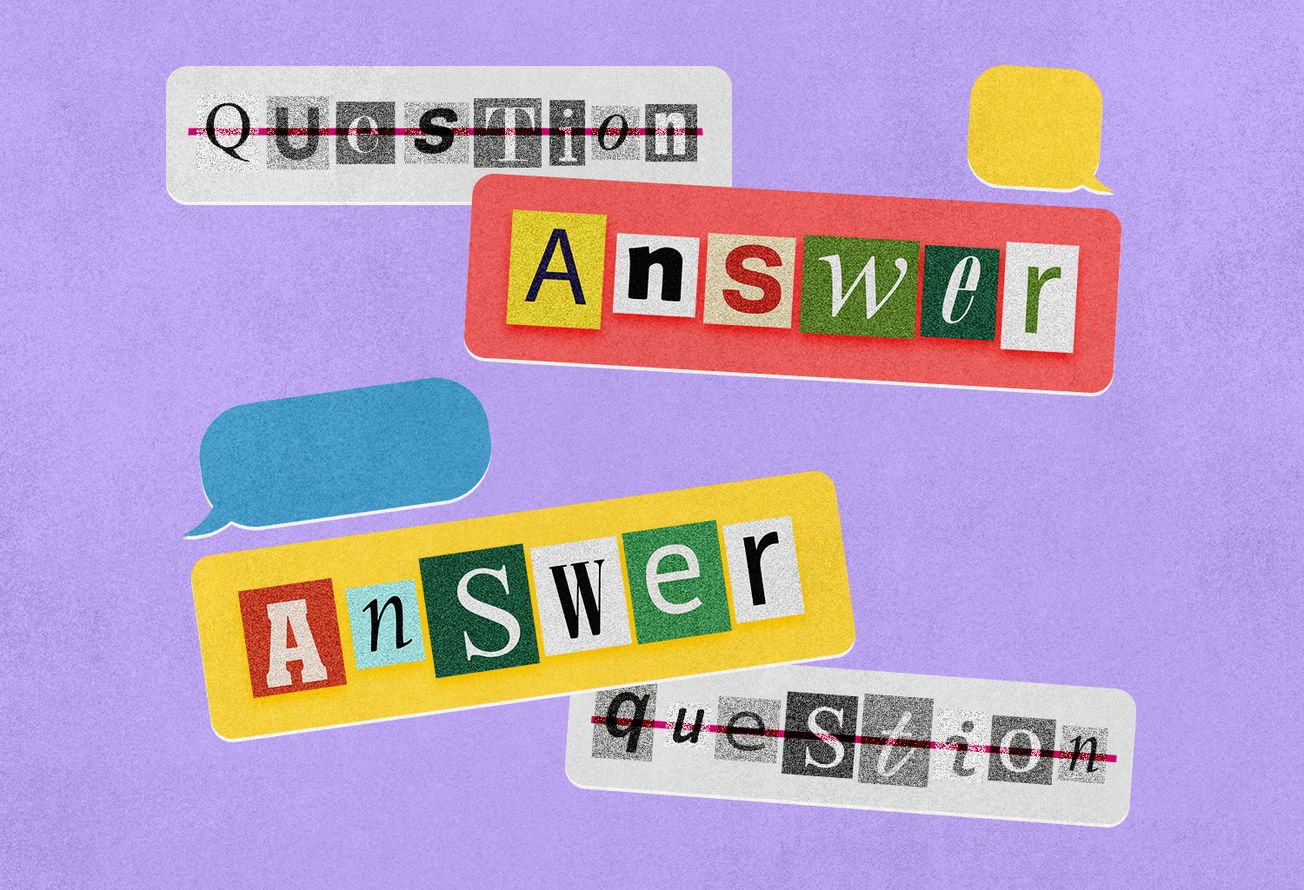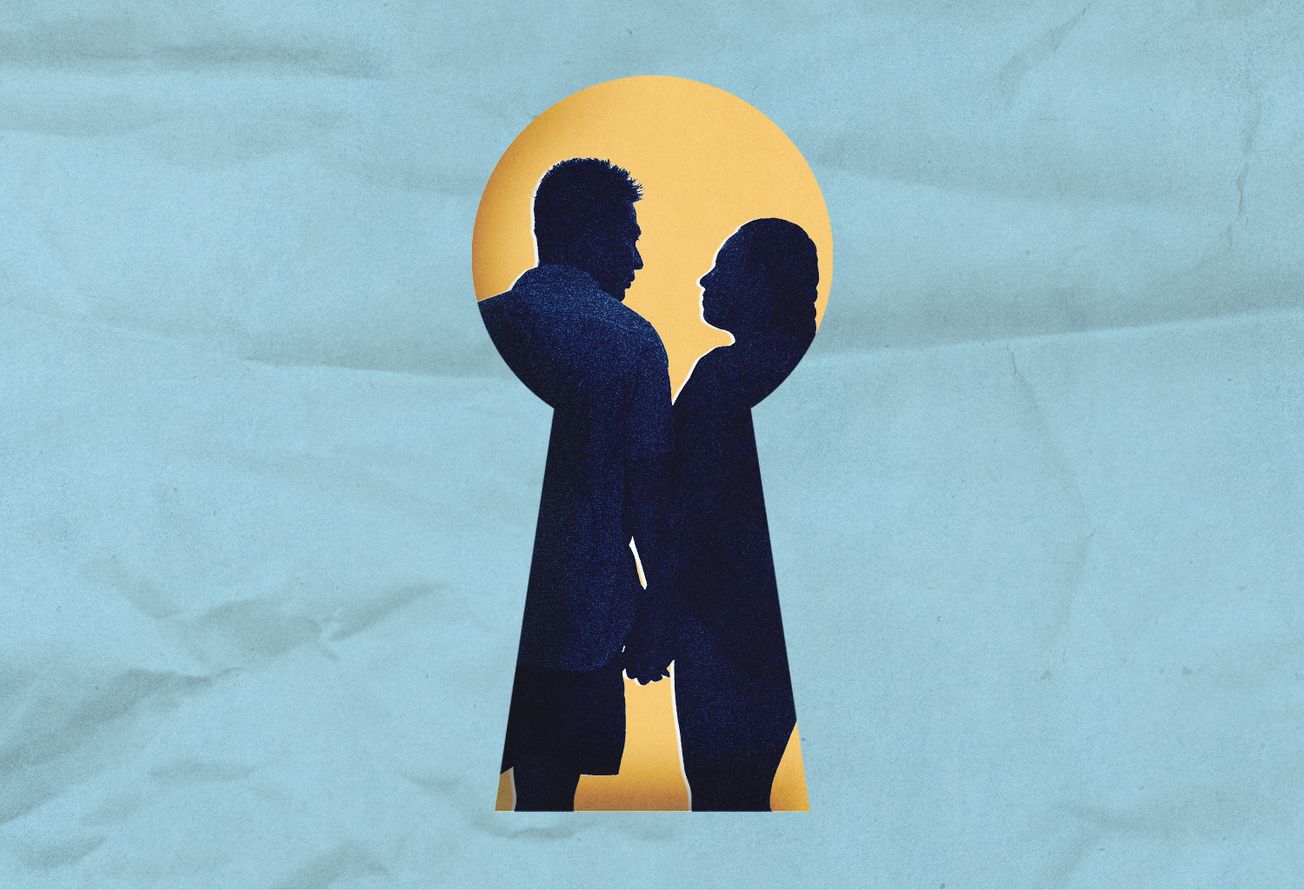Image Courtesy: Adam Nieścioruk
Slowing down the COVID-19 contagion requires physical distancing and masks. There is no other way to do this at any stage of the spread anywhere. The virus is deadly and it's hell-bent on spreading—it's designed to, as all viruses are. Focusing only on medical supplies, vaccines, will not be enough for India. In the absence of any comprehensive action plan from the government, citizens will have to exercise as much self-discipline as possible in these harrowing times. Remember— the virus counts on us to forget, to make mistakes. We are exhausted but we must try.
Repetitive as this may may sound, these are the only and very important ways we can break the spread of the infection and reduce chances of the virus mutating. If we don't create barriers now, the virus could become even more deadly before it finally becomes non-lethal. That will take too much time and too many lives will be lost.
Please follow this list (not exhaustive) and talk about it on your own social media, Whatsapp, etc.
- STAY HOME AND OBSERVE YOURSELF Stay in if you can. Stay alert. Even if you do not have any symptoms you could still be carrying the virus or transmit it. Become a keen "self observer". When you see symptoms that are COVID-like, get tested if possible otherwise start isolating if you can or at least increase the number of masks (use two or three) and take other precautions to prevent others from catching it from you. Don’t wait for the incubation, take the medicines that doctors prescribe as precautionary protocol as soon as possible. Otherwise medicines to reduce fever, good nutrition, hydration, and lots of rest are best. As long as your SpO2 levels are above 94 and high fever (101 deg fahrenheit or above) doesn't persist, there should be no need to panic.
- ARE YOU OR A LOVED ONE STILL INFECTIOUS? The time from exposure to symptom-onset (known as the incubation period) is thought to be two to fourteen days, though symptoms typically appear within four or five days after exposure, according to the Harvard Medical School (their information was updated 28th, April 2021. Read more here.). If a loved one is isolated, do not encourage them to step out before they become non-contagious. If you are isolating, try to insist so that family members don't have to risk themselves by coming closer to you for your comfort and care. Usually, fourteen days is more than enough when it's difficult to calculate the onset of the infection or no tests are available. A lot of hospitals in many parts of the world discharge patients on the eleventh day. Read more about that here or talk to a doctor among friends and family if you have access to one.
- MASK UP CORRECTLY: Protect yourself and others by wearing well-fitting masks or respirators. Lose medical masks (as opposed to well-fitting ones), cloth masks, damaged masks, etc. provide no protection. Touching masks, keeping them on your bed, pocket, or bag is not ok. If you can spray 60% or more alcohol on masks and put it in an airtight ziploc kind of bag, it might be relatively safer to reuse after a few minutes. More info on masks here.
- WASH HANDS frequently with soap and water. Hand sanitizers may not be reliable but are better than anything if contain at least 60% alcohol. If you are outdoors (which you should be only if you need medicines or medical attention or need to save someone's life). More on this under "Against COVID"
- STAY AWAY from people as much as possible at a distance of 6-12 feet (2-4 metres) though studies are saying the virus is airborne so even this may not be enough but it's the least we can try. Read more about distancing here.
If you have to help a loved one who is ill, wear shields, masks, any gear you have. For tips on using Personal Protective Equipment (PPE) see this. INCREASE VENTILATION if you are indoors—open doors and windows frequently. DISCOURAGE people from being careless about physical distancing. They might get irritated with you. But you are the best judge about which is more important—not irritating someone or doing the thing that's important for your survival and theirs. - COVER UP when coughing, sneezing or sneeze in your elbow.
- AVOID TOUCHING face, nose, eyes, mask, (yes it's hot, panic situation, and hard to do this but the virus is what has pushed you into this crisis, so please do try). If using face tissues, use once and throw.
- WHAT TO DO BEFORE, DURING AFTER getting vaccinated for COVID-19. Tips from Health Experts here.
- FINAL GOODBYES TO COVID POSITIVE PEOPLE? There is no easy way to say this. The fewer the people accompanying a person who has passed away, the better. People at crematoriums and burial grounds are trying to take necessary precautions, wear PPE and shields etc. and cover corpses properly. Even though some are struggling to find kits. Some people have been suggesting that dead bodies can be sanitized with sodium hypochlorite or sodium bicarbonate solution so that people are allowed to grieve around them. Please understand that this requires a lot of physical effort to handle the body which puts more people at risk. It also needs hospital or trained staff to attend to the bodies— you may not find them as they are overwhelmed right now. Corpses can ooze out infectious fluids or rupture.
- HELPING OTHERS. The best way to help anyone is not to unwittingly infect them. Sharing info, talking to loved ones, volunteering to find medical resources and confirming them, staying connected remotely are all helpful. Regulating our stress and taking it one step at a time makes us better adapted to help ourselves and others in times of crisis.
A deadly virus will keep infecting many, quickly. Left free to propagate, it will mutate, targeting those who were previously not vulnerable. Variants might undermine vaccines. Too much devastation could occur & would take really long before COVID becomes non-lethal for humans.
No matter how difficult things are in India right now, we have to try to find ways to decrease social (physical) interaction to contain the spread. A national lockdown may be unaffordable but we still need some plan of action to slow this down a little, at least. Until then, mask up correctly, wash your hands, and tell everyone to do the same (without getting aggressive).










